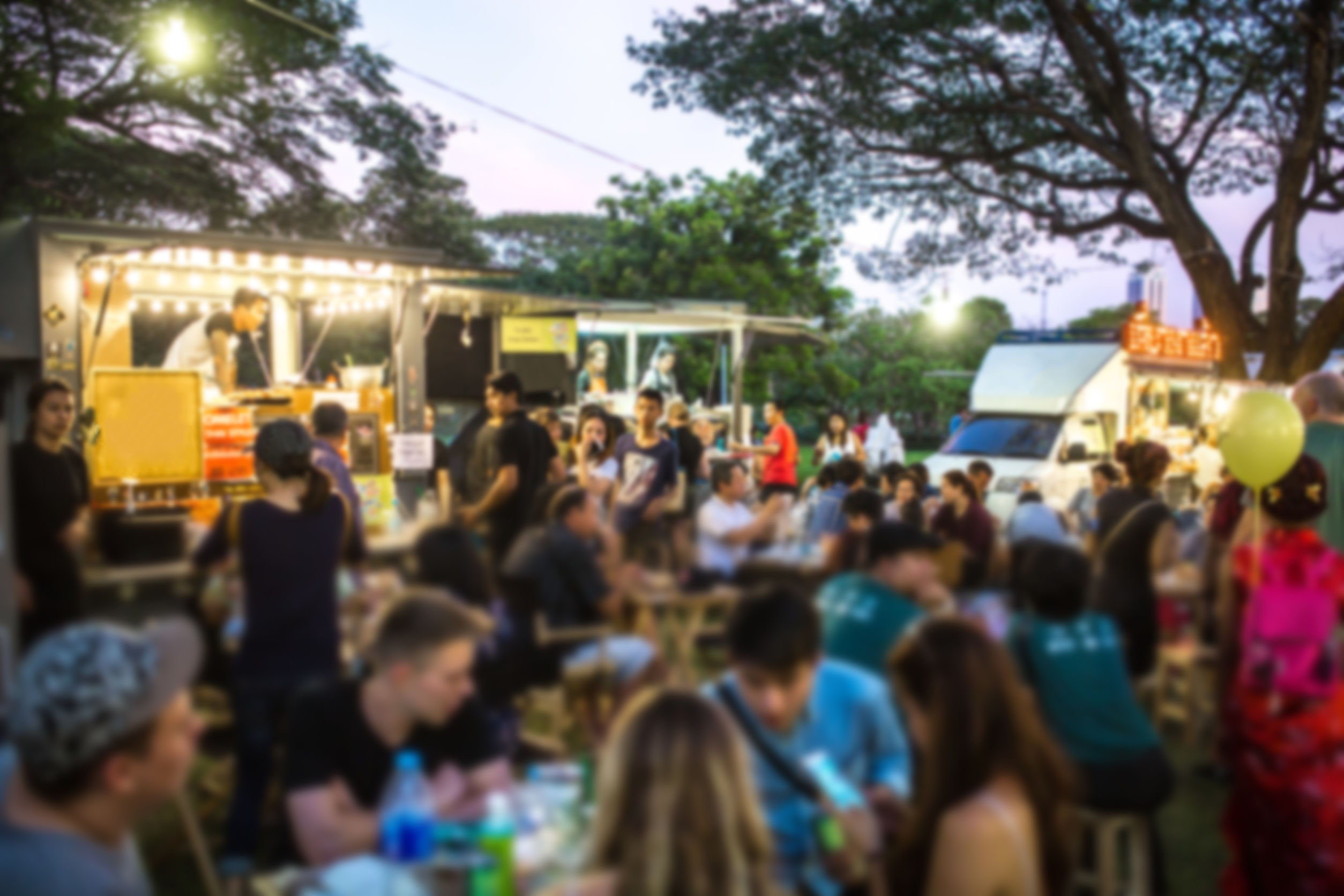 Malaysia is a food haven; there’s no denying that. Most Malaysians also have the habit of binge eating at mamaks or ordering take-away food to have at home at odd hours, even at midnight. Accessibility, affordability and habits are probably some of the reasons. But is eating at odd hours at night, especially right before bed, healthy?
Malaysia is a food haven; there’s no denying that. Most Malaysians also have the habit of binge eating at mamaks or ordering take-away food to have at home at odd hours, even at midnight. Accessibility, affordability and habits are probably some of the reasons. But is eating at odd hours at night, especially right before bed, healthy?
Malaysia was ranked the most obese country in the region by the Economist Intelligence Unit’s “Tackling Obesity in Asean” report, which covered Malaysia, Singapore, Indonesia, Thailand, the Philippines and Vietnam. The report further said in Malaysia, the prevalence of obesity was at 13.3 per cent, while the overweight population was at 38.5 per cent. Eating at odd hours, eating frequently, and probably eating right before bed could be some of the primary reasons contributing to such reputation for us Malaysians. Besides, a relatively poor diet quality also adds to the problem, as the foods high in refined carbohydrates are often picked for supper.
Is it a concern? Without doubt, it is. People tend to eat more for supper that it is actually an excess of calories that one’s body does not require, especially if one has already eaten dinner. It is usually done not out of hunger, but cravings, boredom or stress, and this leads to overeating.
Overweight and obesity aside, what are some other negative consequences of eating right before bed?

Well, firstly, there’s indigestion. Your system needs time to break down the high-calorie and high-fat foods, and if you sleep right after eating, you system goes into hibernation mode, leading to the food staying static in the stomach indigested or digested slower than usual.
Then, there’s acid reflux or commonly known as heartburn. Heartburn often happens when stomach acid slips into the oesophagus, when lying in bed or sleeping shortly after a meal, and when gravity is not helping to keep digestive juices in the stomach.

Eating right before bed could also disrupt your body clock. Over the years, your body would have developed a clock to keep track of your lunch and dinner times and sleeping times. The body's 24-hour cycles of biological, hormonal, and behavioural patterns are optimized to promote our survival. When you start introducing food at odd hours right before bed, your body will end up being confused and you would probably end up being awake too, at times.
Last but not least, and also probably one of the more serious consequences, is insulin resistance. The production of melatonin begins to increase 2-3 hours before our normative bedtime, which sends signal to the pancreas to begin temporary or overnight suppression of insulin production. When food is introduced during this period, due to the suppression of insulin production, our blood sugar and insulin response to carbs at night is more exaggerated than during the day, leading to insulin resistance.
Can these be avoided? Of course! Let’s look at some tips to avoid late suppers.

Follow regular mealtimes with healthy snacks in between, which may help to prevent cravings or overeating late at night.
If you’re having later dinners, make sure it’s a wholesome dinner. A well-balanced meal with varied options of food groups will hinder us from snacking later in the night.
Avoid skipping meals. Delaying or skipping meals can lead to overeating during the next mealtime. People tend to eat more during late night supper when they have skipped dinner.
 Maintain a healthy sleeping habit. A regular bedtime schedule can also prevent late night eating. If you happen to be get hungry right before bed, which is keeping you awake, have a warm cup of milk or equivalent instead of food high in refined carbohydrates.
Maintain a healthy sleeping habit. A regular bedtime schedule can also prevent late night eating. If you happen to be get hungry right before bed, which is keeping you awake, have a warm cup of milk or equivalent instead of food high in refined carbohydrates.
Some people are very used to having supper before bed, otherwise, their bodies will just won’t let them sleep. If you are one, perhaps you may consider trying healthy supper. How so?

Choose your food wisely. Opt for nutrient-dense or low-calorie snacks, such as fruits, milk, etc. Try to avoid anything with carbs or foods with more than 50 calories.
Avoid eating outside. There are obviously more temptations to eat less healthy food outside, especially late at night.
Try to avoid distractions, especially from electric and electronic devices such as TV or mobile gadgets. Such distractions lead to overeating as you may not realize how much is going into your mouth.
Have your last meal at least three hours before bedtime. To avoid indigestion, supper should be at least three hours before bedtime.
So what’s the take home from the above? In a nutshell, it is advisable to have regular mealtimes, preferably with home-cooked meals, as well as adequate sleep to maintain a healthy lifestyle, along with balanced nutrition and regular exercises.